
✅ International Medical Recommendations for Treating Snakebites
✅ International Medical Recommendations for Treating Snakebites
Medical organizations worldwide—including the World Health Organization (WHO), U.S. CDC, Australian Government Health Department, and UK NHS—all give very similar advice on how snakebites should be treated.
Across all guidelines, self-amputation is absolutely never recommended and is considered extremely dangerous.
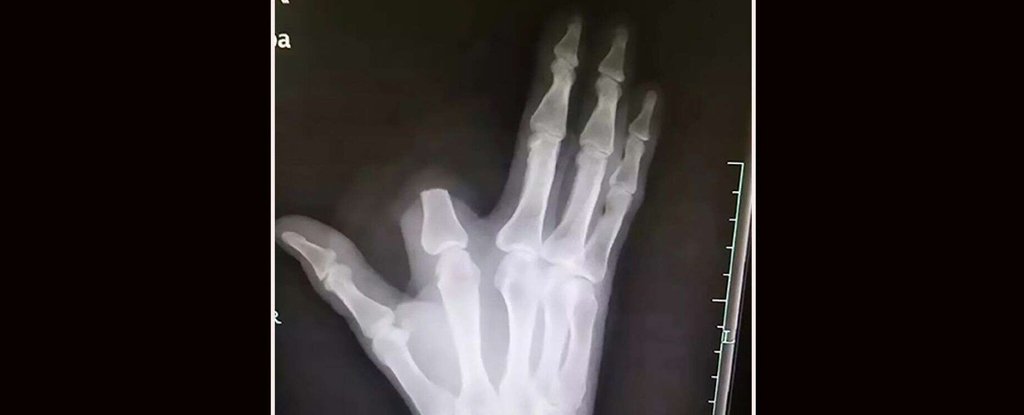
🩺 What Global Health Authorities Recommend
1. WHO (World Health Organization) Guidelines
WHO’s snakebite treatment manual (used worldwide) recommends:
-
Stay calm and keep the victim relaxed.
-
Immobilize the bitten limb with a splint.
-
Remove tight items (rings, watches, bracelets).
-
Keep the limb below heart level.
-
Seek hospital care immediately.
-
Do NOT:
-
cut the wound
-
suck the venom
-
apply tourniquets
-
attempt to "remove" venom by amputation
-
WHO specifically warns that cutting or amputating increases the risk of:
– severe bleeding
– infection
– nerve damage
– permanent disability
2. CDC (U.S. Centers for Disease Control and Prevention)
The CDC guidelines also emphasize:
❌ Do NOT cut the wound
❌ Do NOT attempt to remove venom manually
❌ Do NOT apply ice, electric shocks, or tourniquets
Instead:
✔ Move away from the snake
✔ Keep the affected limb still
✔ Get to a hospital as quickly as possible
Antivenom—not cutting—is the only medically approved treatment for venom poisoning.
3. Australian Health Department (one of the world’s top snakebite authorities)
Australia has some of the world’s deadliest snakes, and their national medical guidance is very precise:
-
Use a pressure immobilization bandage (only for neurotoxic snakes).
-
Keep the patient still.
-
Call emergency services immediately.
And again:
❌ Do NOT cut, suck, or amputate the bitten area.
They state that these actions do not remove venom and cause major, unnecessary harm.
4. UK NHS (National Health Service)
NHS guidance repeats the same warnings:
-
Keep the person calm and still.
-
Go to the emergency department quickly.
-
Never:
-
cut the wound
-
try to drain venom
-
apply tight tourniquets
-
They emphasize that “cutting increases the risk of infection and does not help in any way.”
🧠 Why Amputation Is Never Recommended
International guidelines agree that:
✔ Venom spreads through the lymphatic system—not the finger itself.
Cutting the finger does not stop venom from spreading.
✔ Antivenom is the only effective treatment.
Hospitals treat venom poisoning with antivenom, NOT surgical removal.
✔ Amputation causes irreversible harm.
It can lead to:
-
life-threatening infections
-
excessive bleeding
-
permanent disability
-
shock
✔ Most snakebites (globally) are from non-venomous species anyway.
Including many that look “dangerous” but are harmless—just like this case.
🧾 Conclusion
According to major global health authorities (WHO, CDC, NHS, Australian Health), the man’s action of cutting off his own finger was:
-
medically unnecessary
-
dangerous
-
ineffective
-
not supported by any legitimate medical guideline in the world
Doctors were correct to say it was “completely unnecessary.”
News in the same category

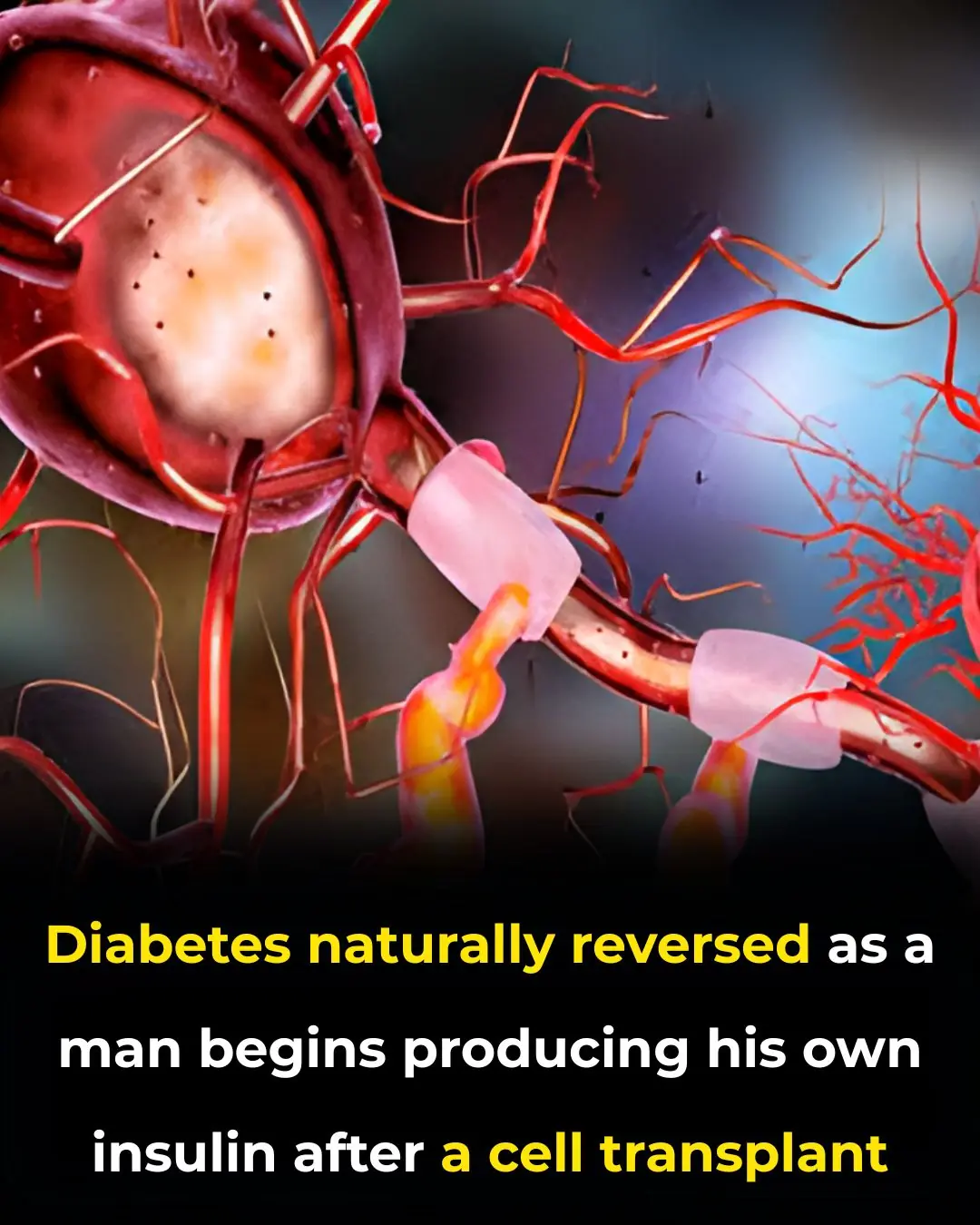
Breakthrough Cell Transplant Restores Insulin Production, Offering New Hope for Diabetes Reversal

A Homeless Pup's Heartfelt Payment: A Story of Kindness and Unspoken Bonds

Renewable Energy Surpasses Coal as World's Largest Source of Electricity: A Historic Milestone for Humanity and the Planet
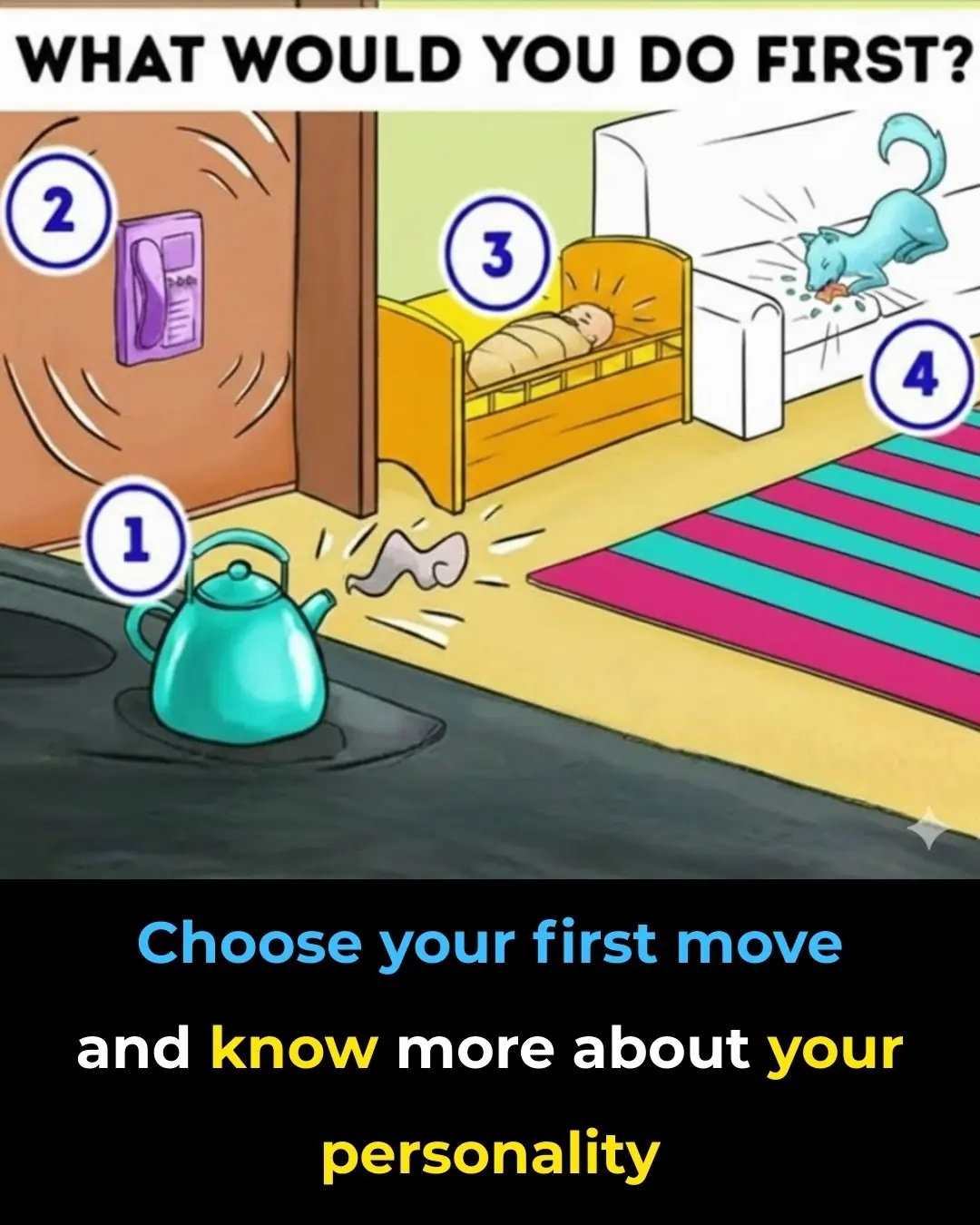
What You Do First in This Scenario

Revolutionary Alzheimer's Treatment: Sound Waves Used to Remove Brain Plaques and Restore Memory

From Space to Earth: The Science Behind Felix Baumgartner’s Record-Breaking Jump

Transforming Oil into Green Prosperity: The Success of Norway’s Sovereign Wealth Fund

Maximize Broccoli's Cancer-Fighting Power: The Simple Trick That Boosts Sulforaphane Formation
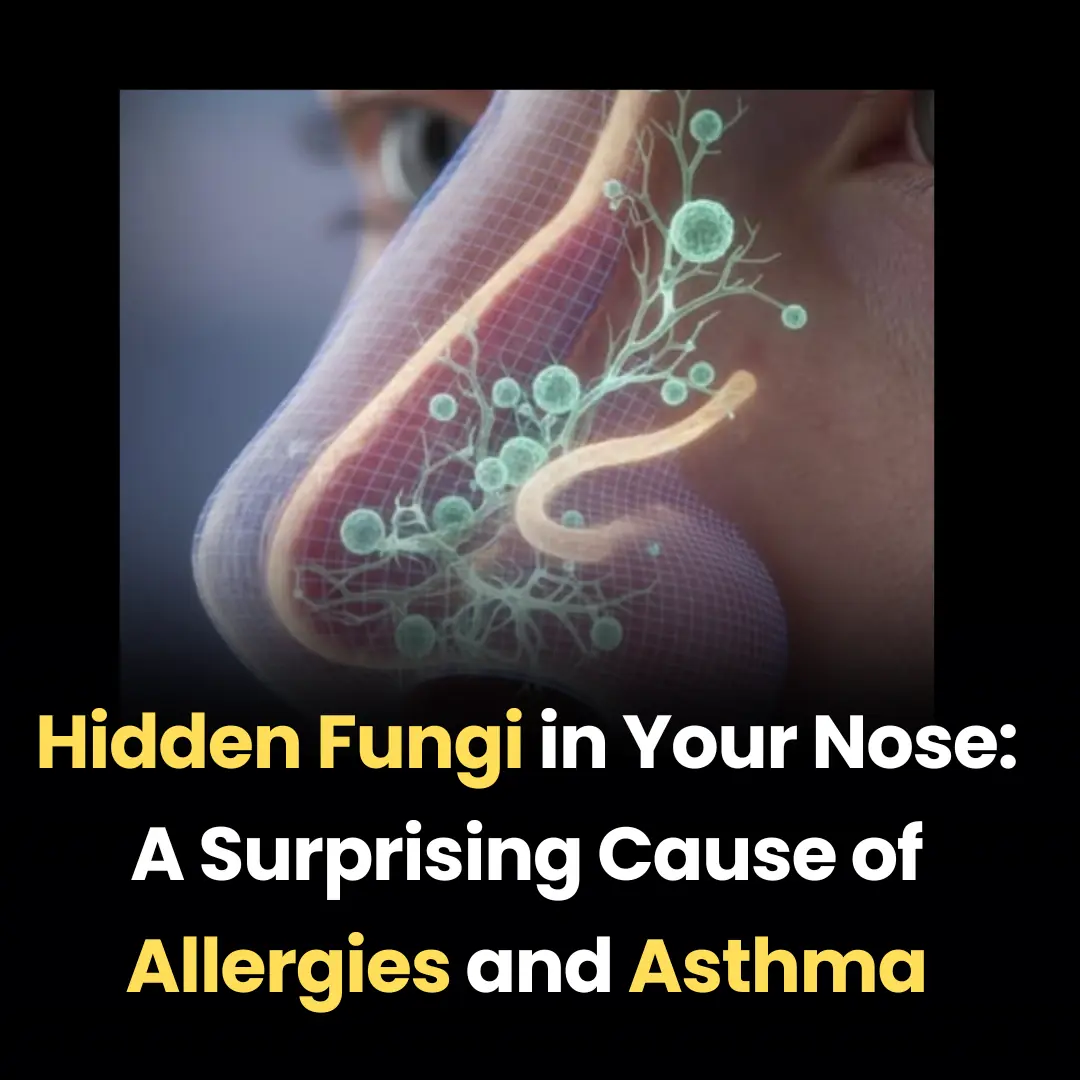
Hidden Fungi in Your Nose: A Surprising Cause of Allergies and Asthma

From Dialysis to Remission: How New Drugs Are Changing the Fight Against Chronic Kidney Disease
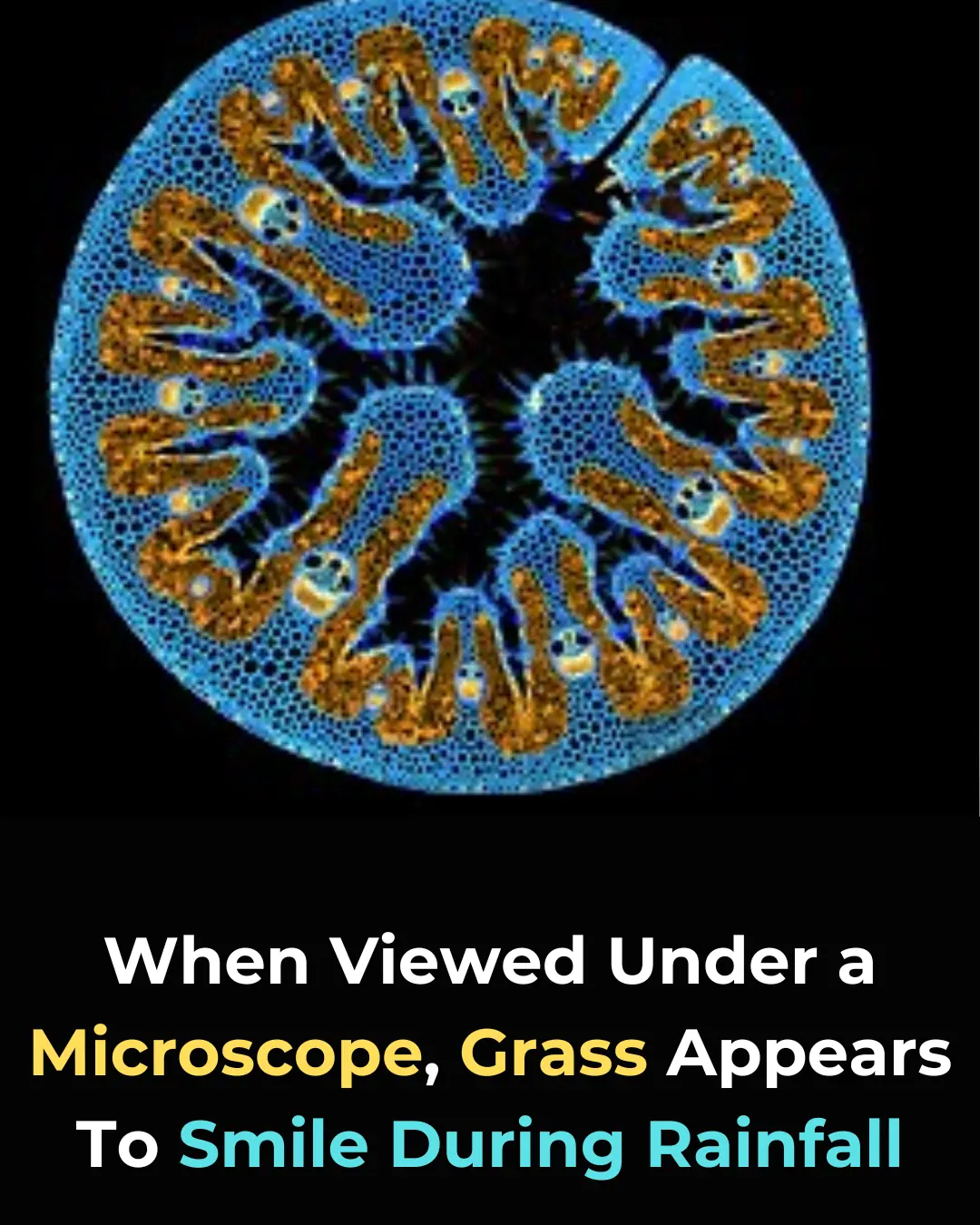
The Hidden Beauty of Grass: Discovering Smiling Faces Under the Microscope
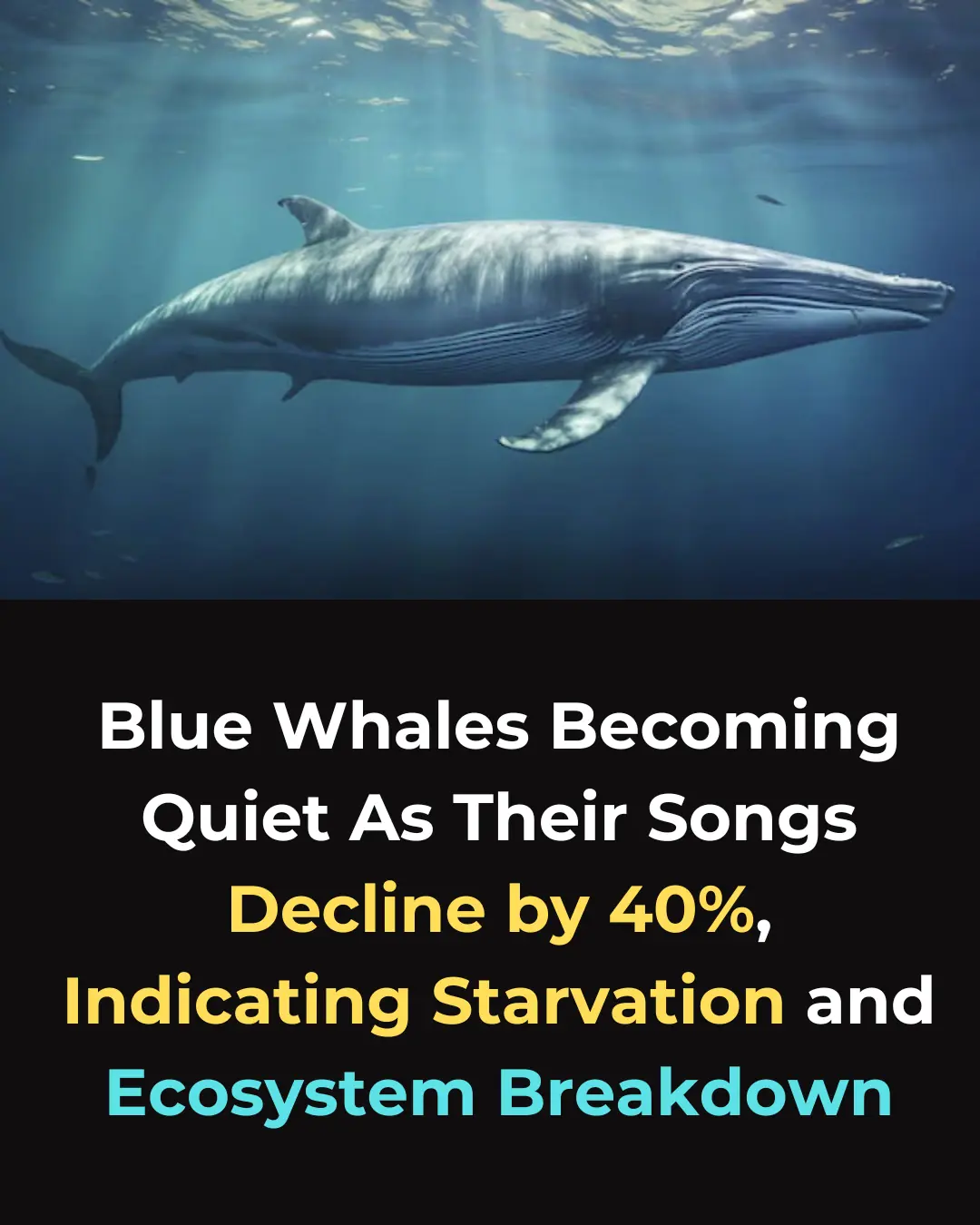
The Quiet of Blue Whales: How Climate Change is Affecting Whale Behavior and Ecosystems
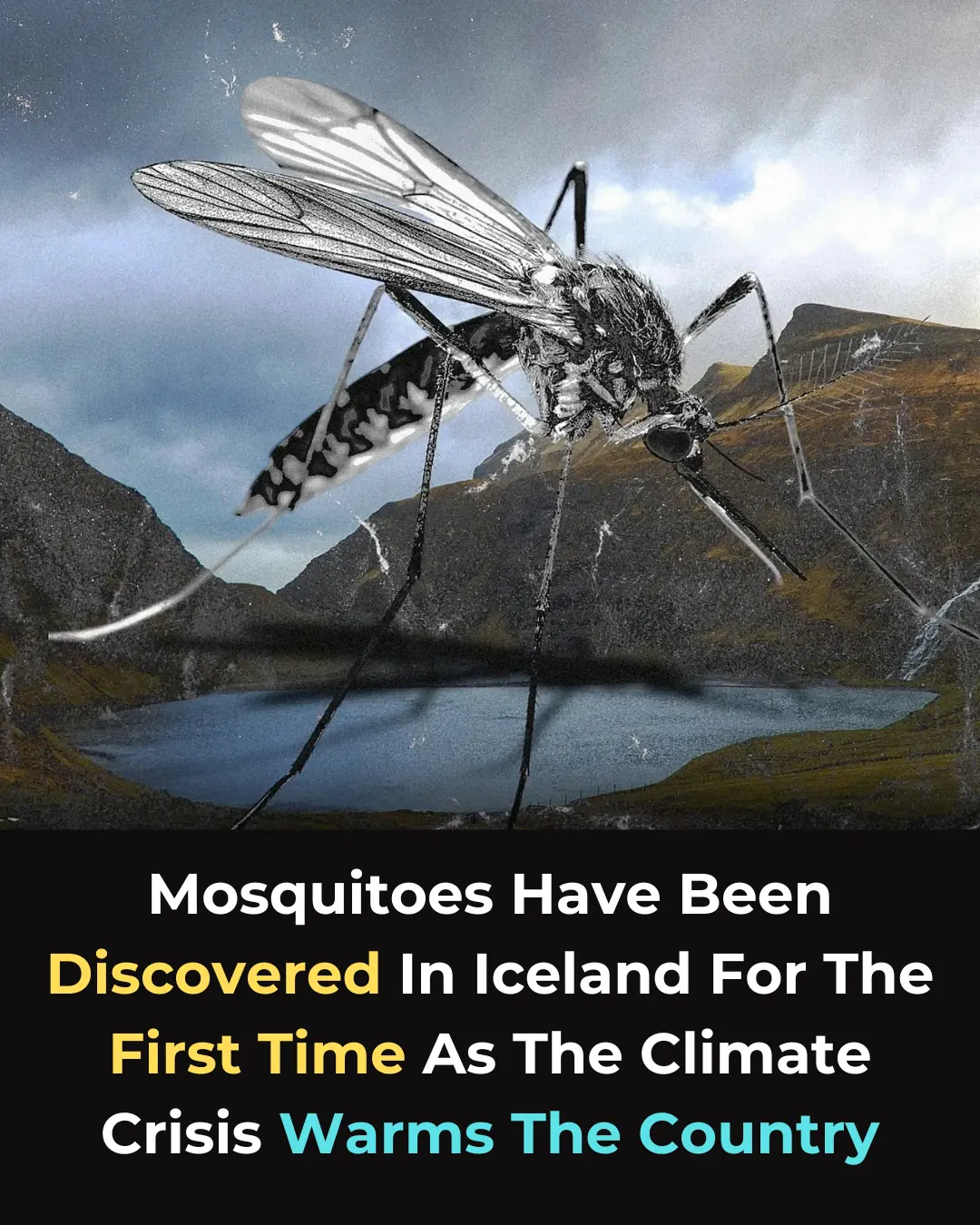
The Arrival of Mosquitoes in Iceland: A Sign of Shifting Ecosystems and Public Health Risks

PP405: A Promising New Drug That Could Revolutionize Hair Loss Treatment by Reactivating Dormant Hair Follicles

Astronomers Capture Groundbreaking Image of New Solar System Formation

Denmark's 'Rolling Grocer' Initiative Brings Fresh Food and Community Connection to Rural Seniors

Mosquitoes Discovered in Iceland for the First Time: A Warning of Climate Change Effects
News Post
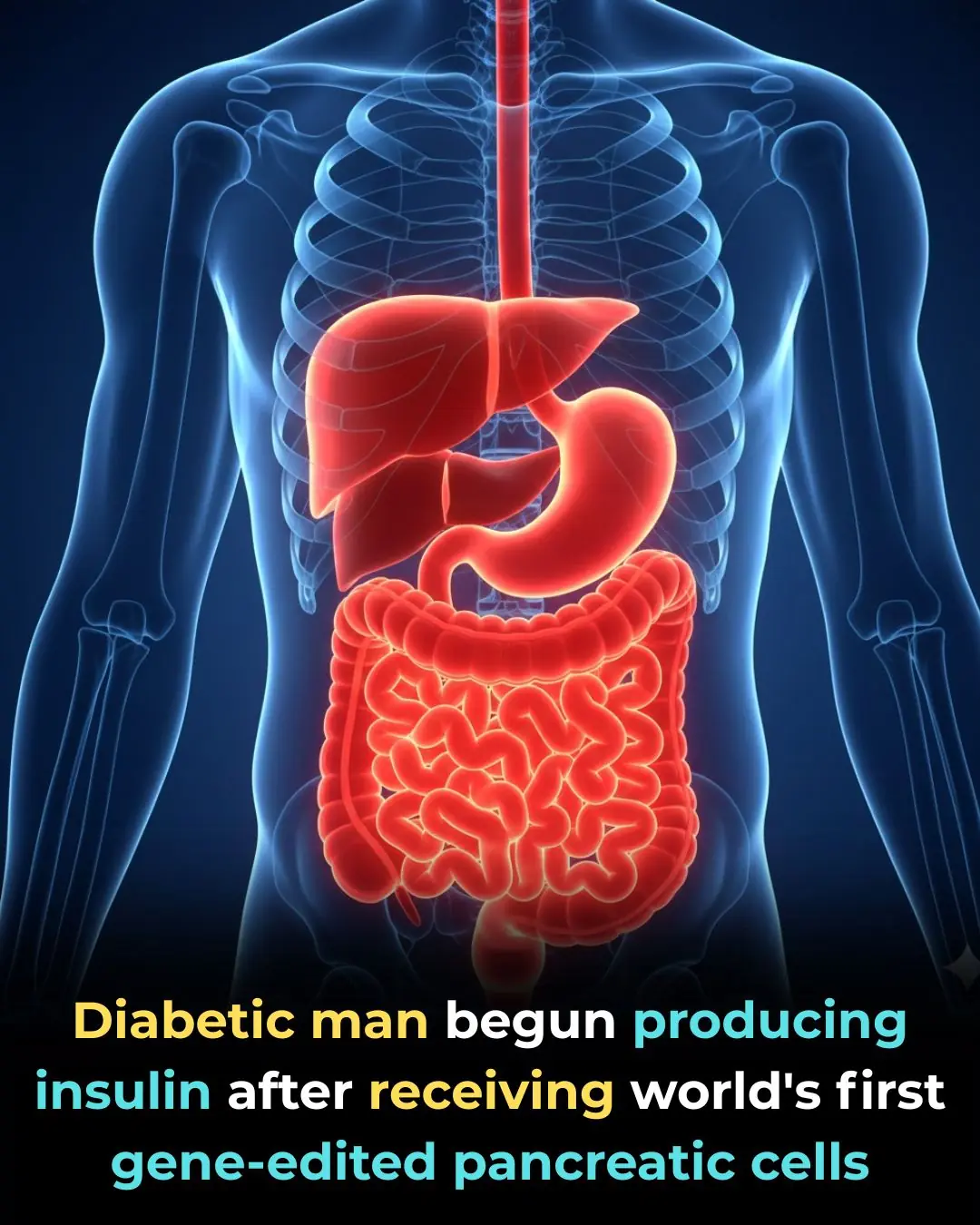
Groundbreaking Gene-Edited Cell Therapy Shows Promise for Type 1 Diabetes Cure
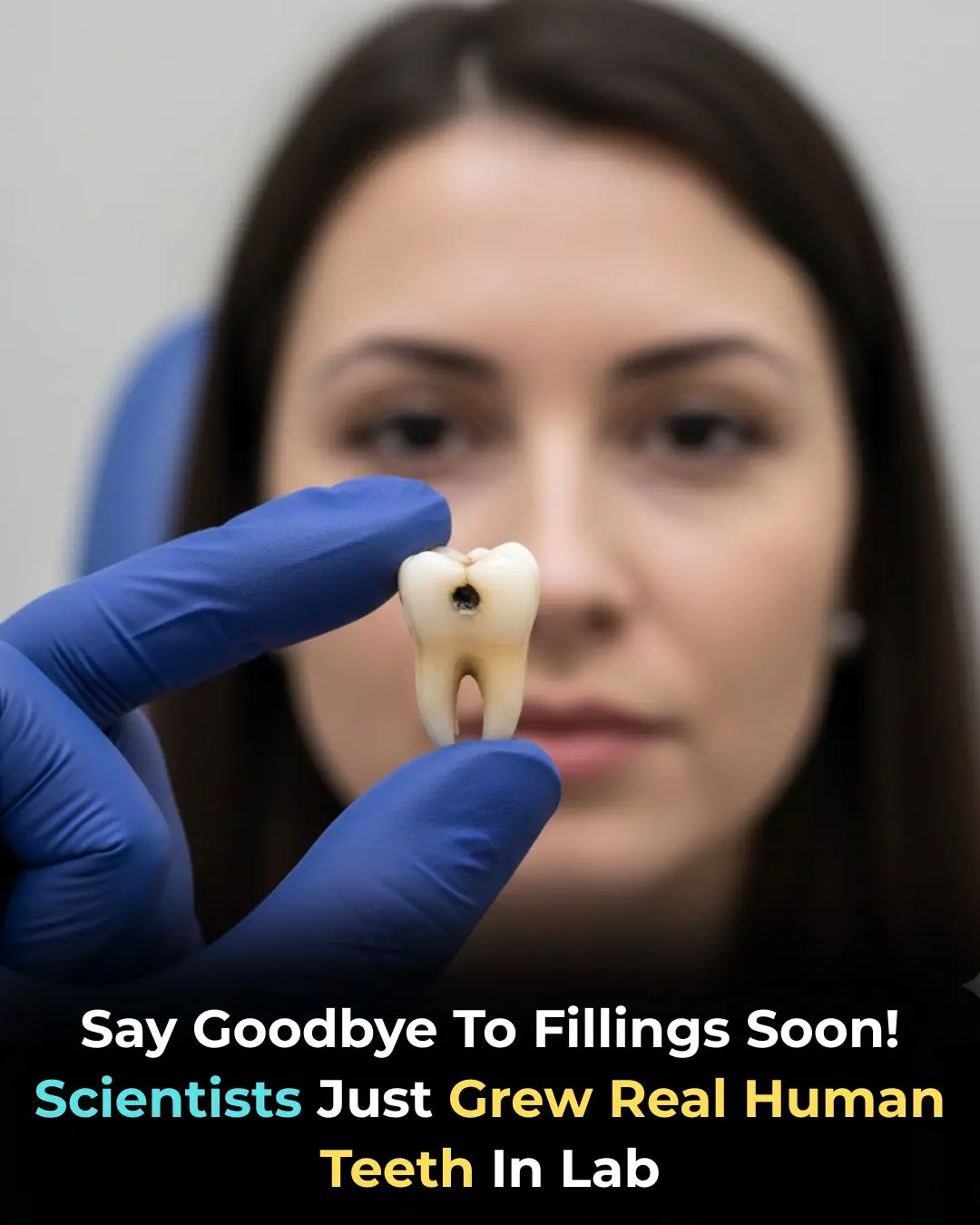
Scientists Grow Fully Functional Human Teeth in the Lab — A Breakthrough That Could Transform Dentistry Forever

The Surprising Healing Power of Onion Milk
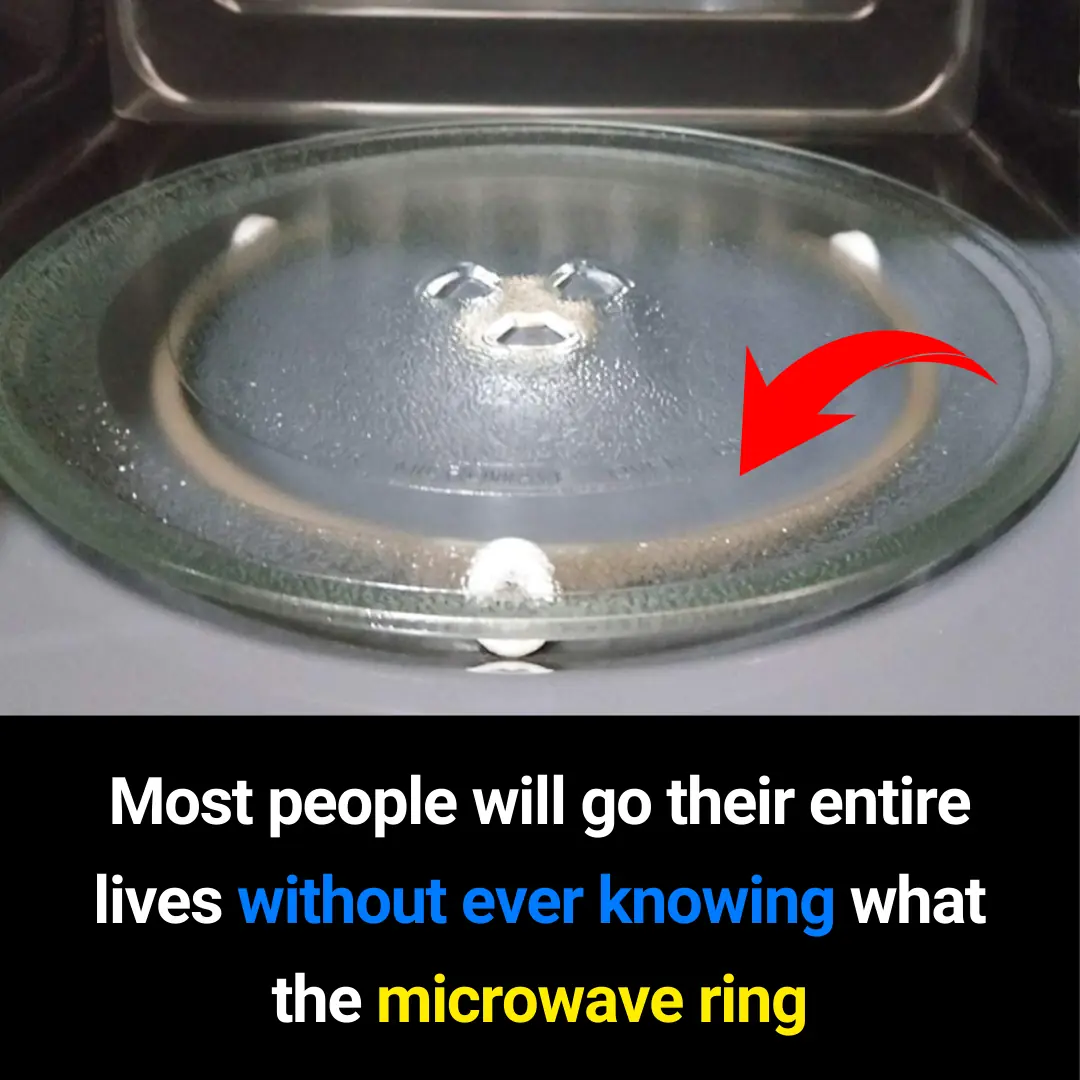
What Is a Microwave Ring Cover? Why This Small Part Matters More Than You Think (SEO-Friendly Guide)

The Netherlands Builds a 600-Meter Floating System to Clean Ocean Plastic: A Breakthrough for Global Marine Protection

🌟 Belgium’s 15-Year-Old Prodigy Earns a PhD in Quantum Physics — A Remarkable Journey of Genius and Innovation 🌟

The Brain Actively Erases Short-Term Memories to Boost Efficiency

Betelgeuse Nears Its Final Stage: A Supernova That Could Be Visible in Daylight

Deadly Mistakes to Avoid When Showering With Hot Water in Winter

2 Pork Parts That Contain a High Amount of Risky Cells — Stop Eating Them Before It’s Too Late

3 types of vegetables you shouldn’t eat raw — no matter how tasty or nutritious — because they can silently damage the liver
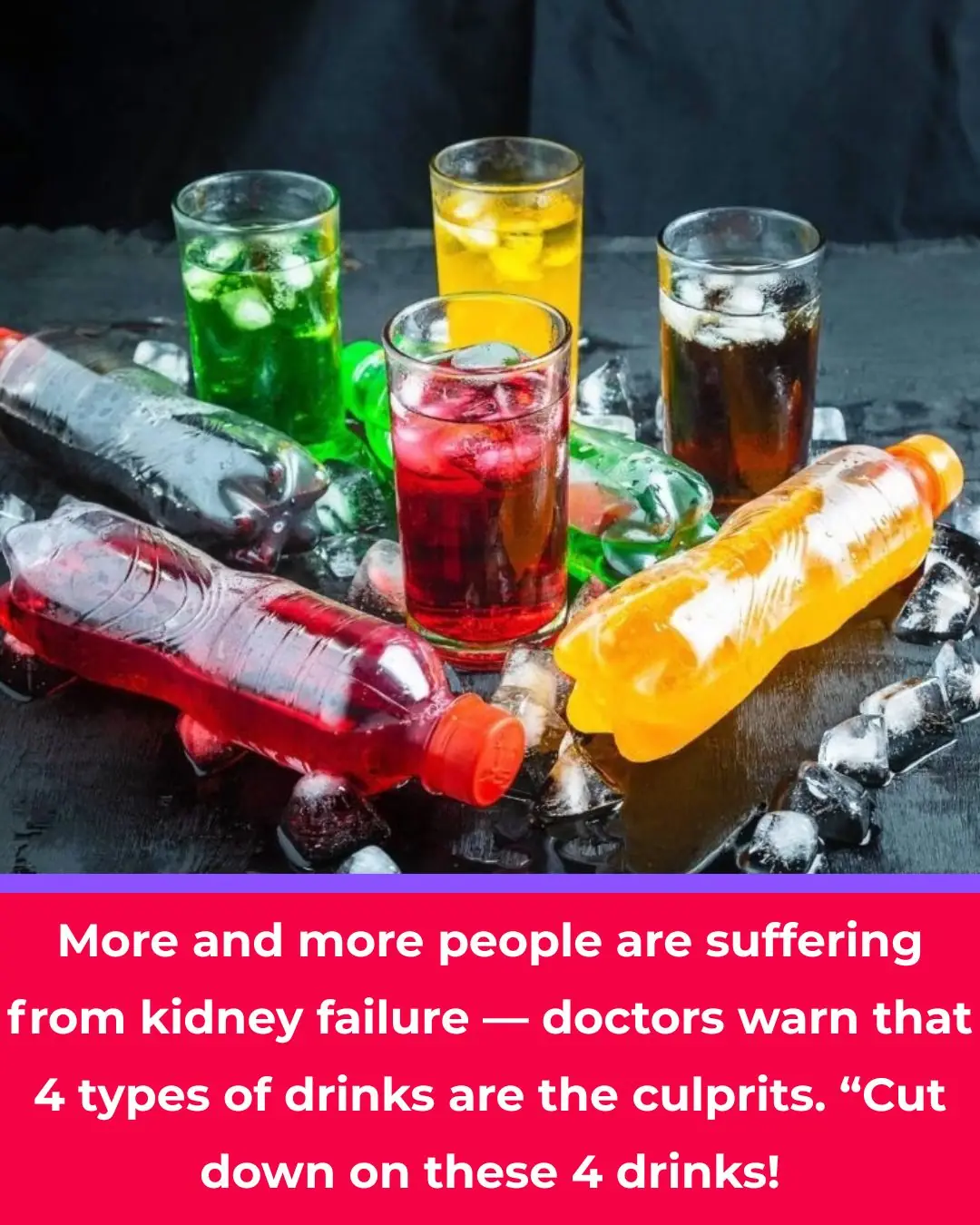
More and more people are developing kidney failure, and doctors warn that four common drinks are the “silent culprits.” It’s time to cut back.
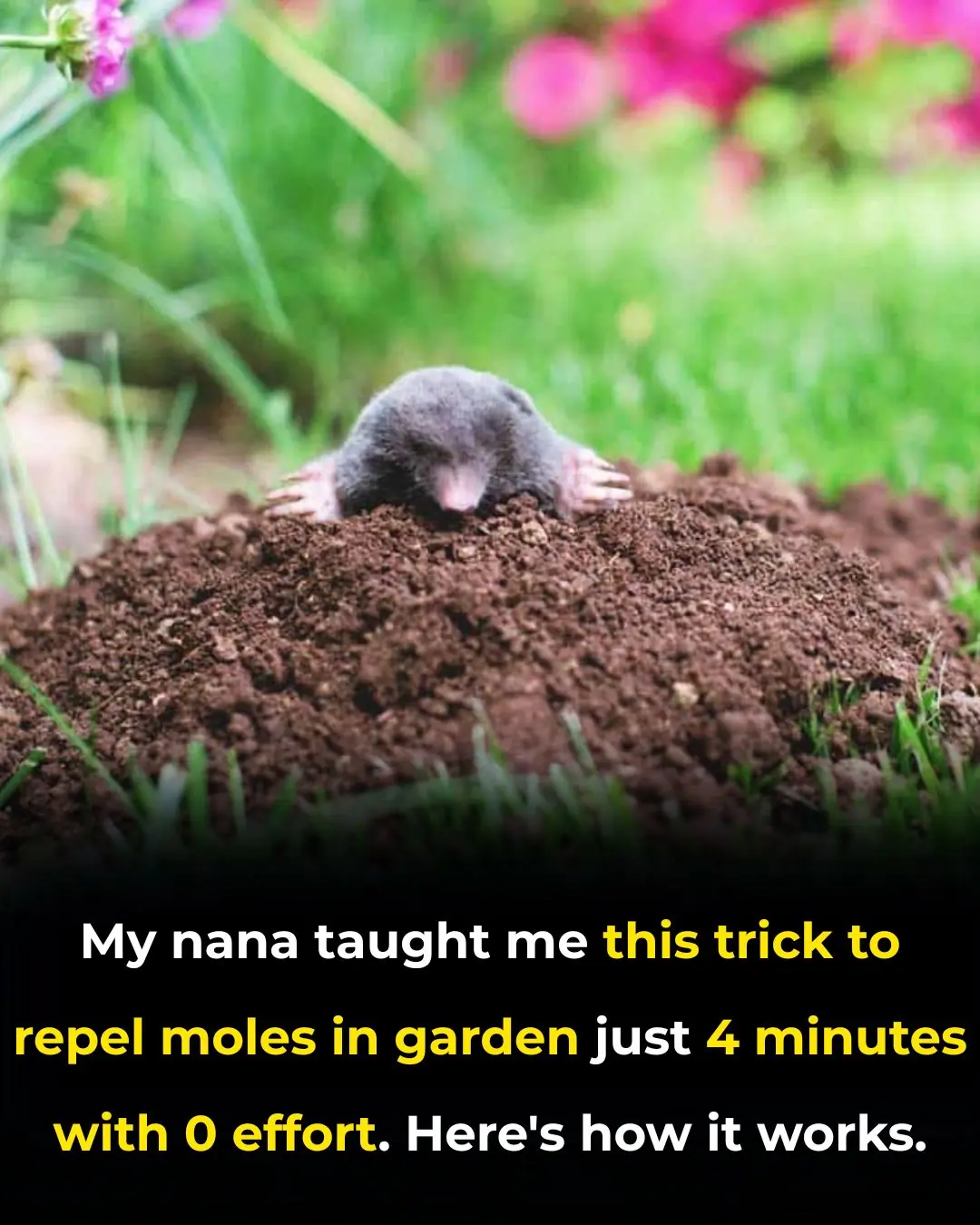
I Had No Clue About This! Such an Interesting Trick My Nana Swore By

My Nana Swears by This! Just 1 Thin Slice a Week — Your Orchids Will Explode with Growth

The Keyless Car Trend Everyone’s Talking About
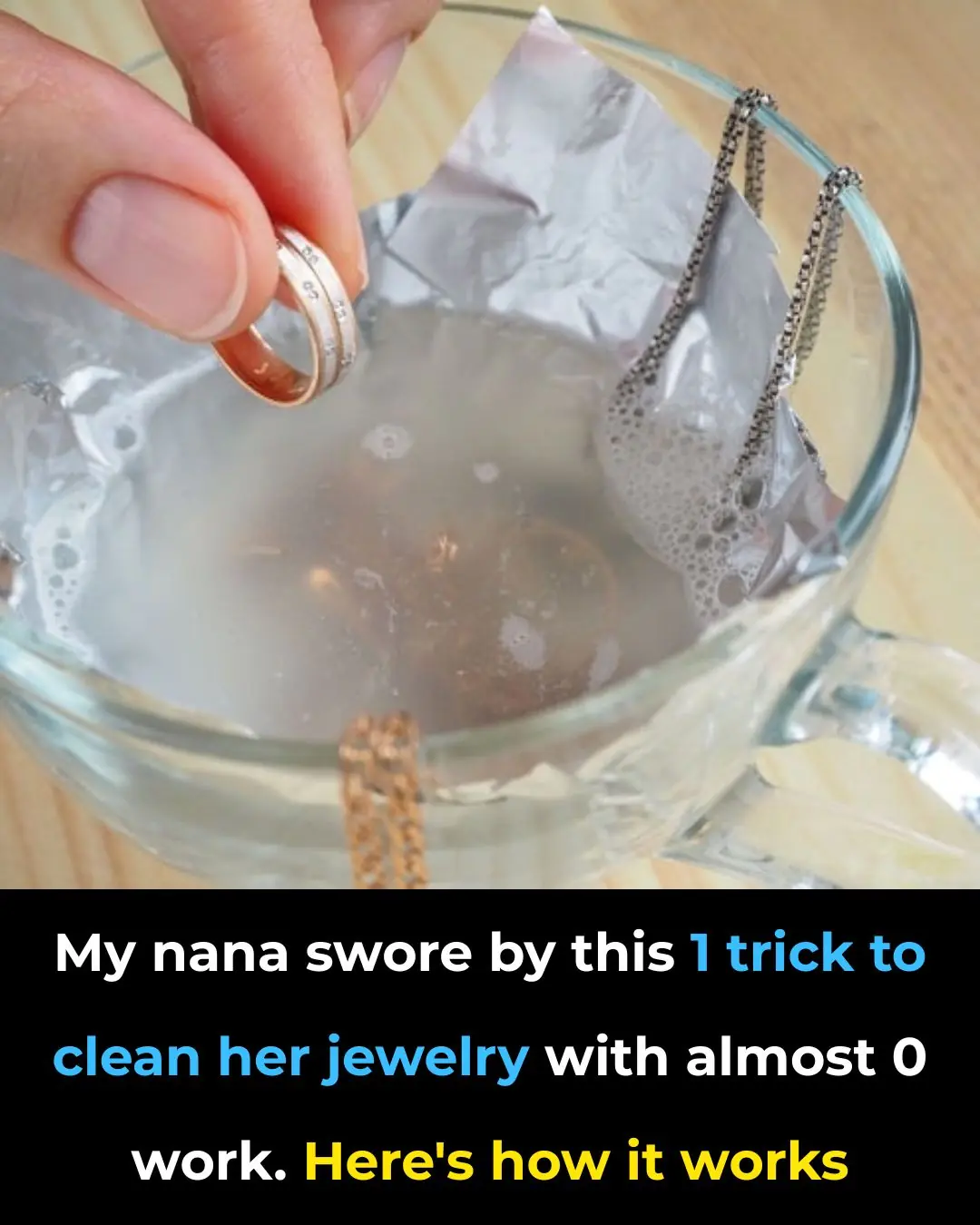
Nana’s Timeless Trick for Bringing Jewelry Back to Life

Stem Cell Therapy Restores Insulin Production in Type 1 Diabetes Patients

China Launches Hanyuan‑1: World’s First Commercial Atomic Quantum Computer
